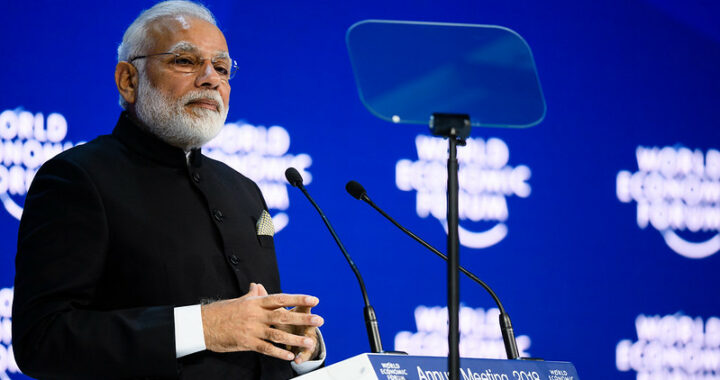India Unveils Rules for Citizenship Law Excluding Muslims
By Patrick Wilson
India’s Ministry of Home Affairs announced rules on Monday for implementing the contentious Citizenship (Amendment) Act, which lays out a citizenship path for immigrants from neighboring countries – except those who are Muslim.
The regulations come ahead of India’s general election this spring when Prime Minister Narendra Modi will seek an unprecedented third term.
The Citizenship Amendment Act provides an expedited path to citizenship for immigrants from Afghanistan, Bangladesh and Pakistan who are Hindu, Sikh, Buddhist, Jain, Parsi or Christian. However, it excludes Muslims, including Muslim minorities persecuted on religious grounds in those nations.
The law has sparked widespread protests and accusations that it discriminates against Muslims and undermines India’s secular constitution. Supporters argue it rectifies past injustices against religiously persecuted minorities.
With the new rules, the Modi government can begin accepting applications under the law, raising concerns among critics about India moving away from its pluralistic founding values towards religious exclusion.
The implementation looms as a polarizing issue ahead of voting, which allows Modi to solidify his Hindu nationalist base while potentially alienating secular Indians and religious minorities.
Observers warn the citizenship law, along with rising anti-Muslim rhetoric and policies, signals deeper disenfranchisement of India’s 200 million Muslim community under Modi’s leadership.
** This piece was created with the help of ai.


